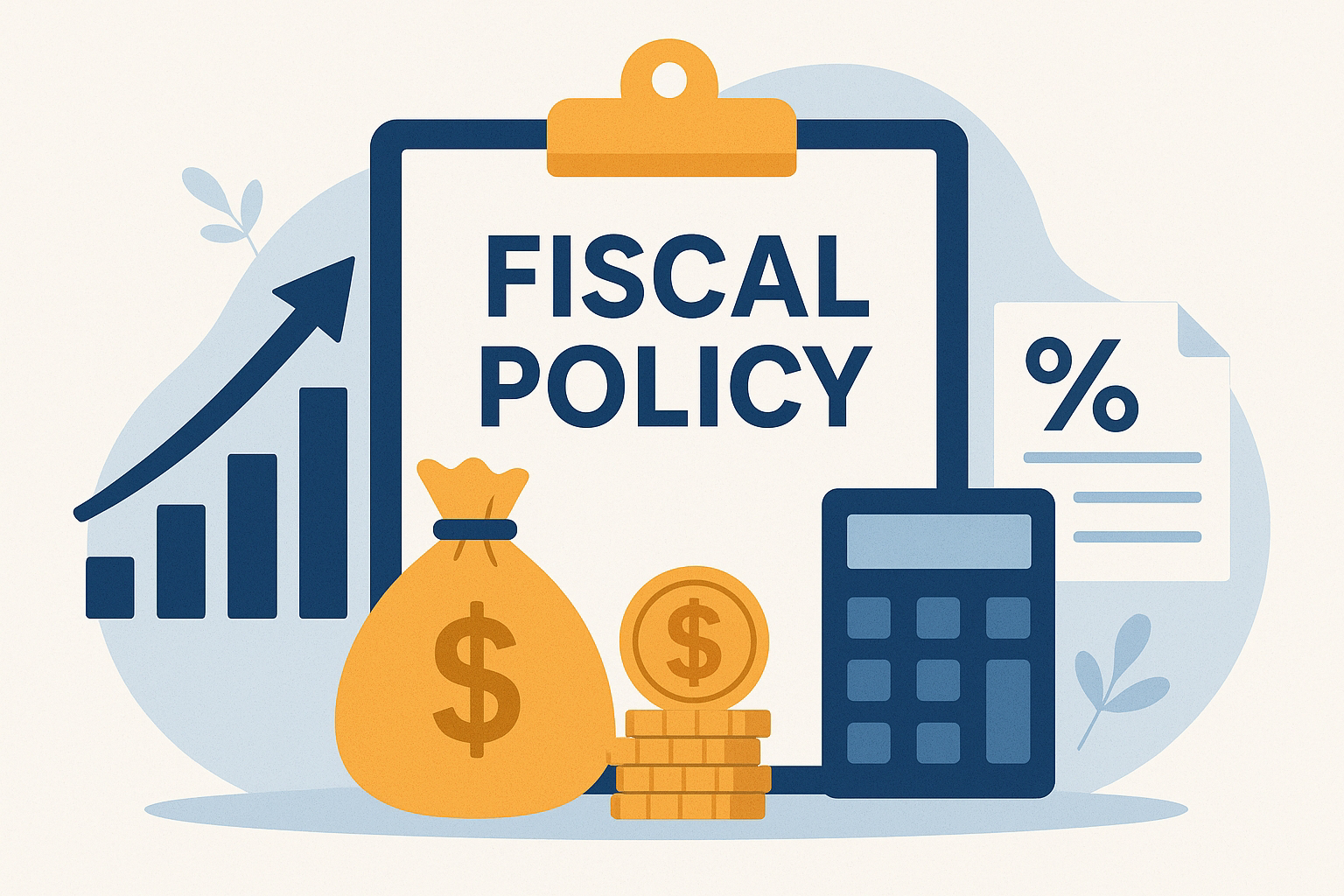Trump's makes U-turn on US - European Trade Deal at the brink of the Summer Negotiations:
The US President has made a new demand to the EU demanding confessions on the bloc's non-negotiables.
This reignites inflationary fears and heightens economic uncertainty. It is however bullish for DXY, as low or restrained US import demand reduces the supply of USD in the international market through the trade channel.
Businesses exposed have been able to absorb the additional tarrif costs, but this has also coincided with negative moves in the US Manufacturing employment PMI, as the last reading saw it move deeper into negative territory.
Employers are eating costs from tariffs and offsetting them with a cap on additional labor, as the trade debacle accelerates the marginal utility of labor and other production goods.
Add this to the bank reserve decline at their respective reserve accounts in the Fed, to below $3 trillion, it seems only a matter of time before more labor layoffs and a passthrough to consumer prices.
A Progress Derailed:
Per Bloomberg; the new demands could stall the preplanned next steps in negotiations, as the European Union views the new proposal sent from Washington as “maximalist and the concessicession as significant”
Point of Disagreement in Trump's New Proposition:
The make point of discord is around the US demands for including digital/technology, corporate compliance and climate regulations. A “Red Line” or more casually put, a ‘non-starter”, among it's regulatory autonomy is non-negotiable.
Affected industries could include; automobile and Pharmaceuticals, as Trump looks to even the unfair 25% sectoral duty (for automobiles), the EU charges, as opposed to the 15% charged y other trading partners, on EU exports.
A Possible Angle:
The US President is well aware of the EU's stance on regulatory autonomy, the bloc is big on alternative energy and for good reason, given it's dependence on imported conventional energy commodities/products.
This makes it a matter of economic and national security as well as long-term macro stability.
When you now take a look at the complexity of such a policy action and collective resolve and/or conviction as climate change amongst 26 members with unique economic interests, it becomes apparent that a reasonable concession on these issues and particularly climate change, is not possible without an internal dissention.
This leaves the possibile intended strategy to be one of two things;
- use a rertraction of the demand as a bargaining chip on some more immediate objective,l with great optics, or,
- instigate dissention within the bloc, improve the chances of some level of concessions though not completely, but significant enough to be painted as a win.
Steps taken towards progress thus Far include;
• The EU legislation on reducing tarrifs on US industrial goods, and some “non-sensitive” agro exports.
• The US proposed steel tarrifs reduction (currently at 50%), this is an angle Trump might be looking to press with the newly demanded concessions.
• This unexpected new demand from Trump could significantly impact the chances of the EU legislation passing the parliament, or the US steel tariff concession.
ZE Remarks and Expectations:
• We expect a reasonable modification to automobile and Pharmaceuticals trade Tarrifs, but not any meaningful concession on the aforementioned legislation(s), save for an internal dissention, which doesn't seem likely.
• The US President by reputation is more concerned with deals however shallow or deep than any serious economic trajectory change. And in the case that he is interest in the latter, it is grossly unsustainable and not very feasible.
• A major strength of the US President which is also a case of worry for markets is the lack of political backlash, this is Trump's final term, making him extremely idealistic and non-conforming.
Bloomberg Article on Reference for Subscribers 👇🏾:
bloomberg.com/news/articles/…




Comments
Post a Comment